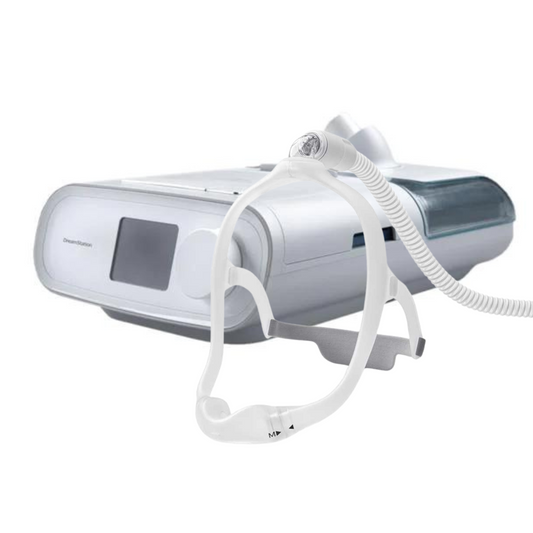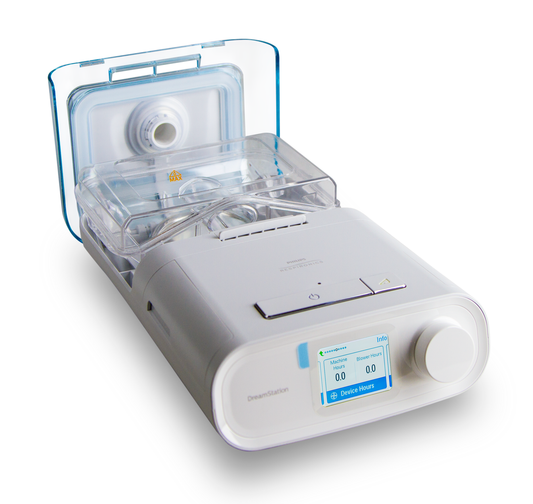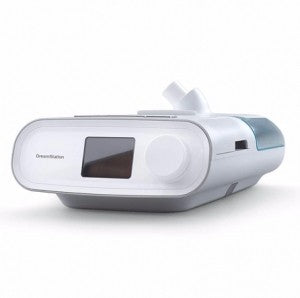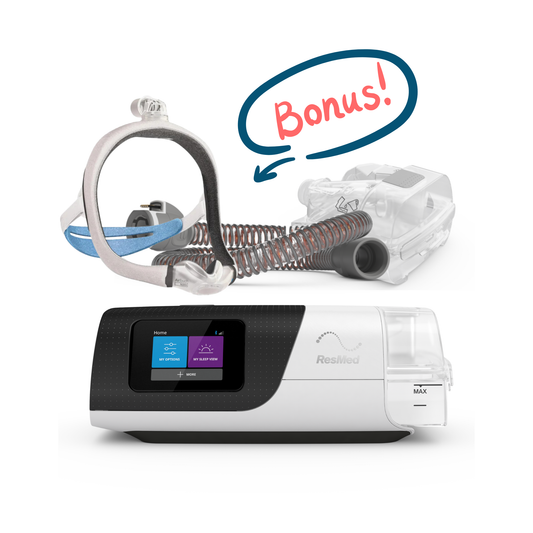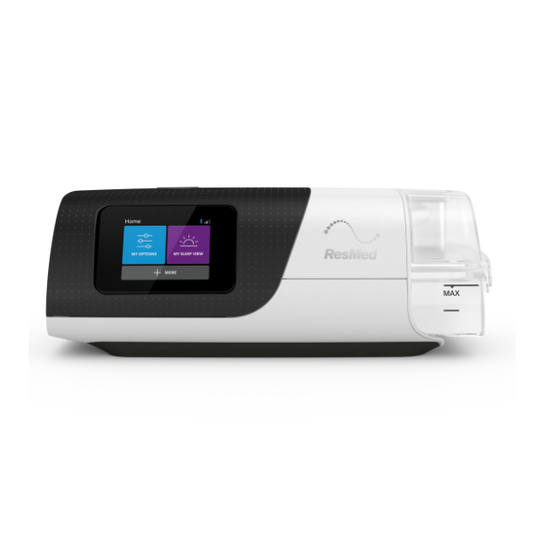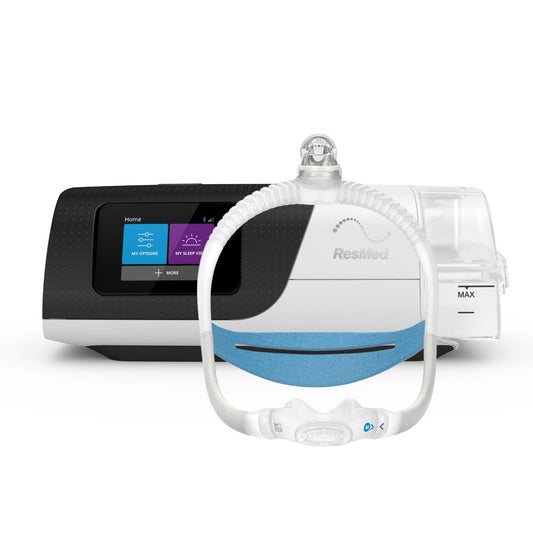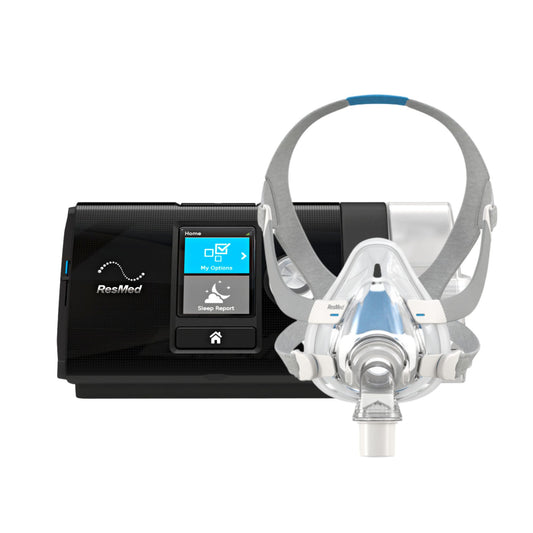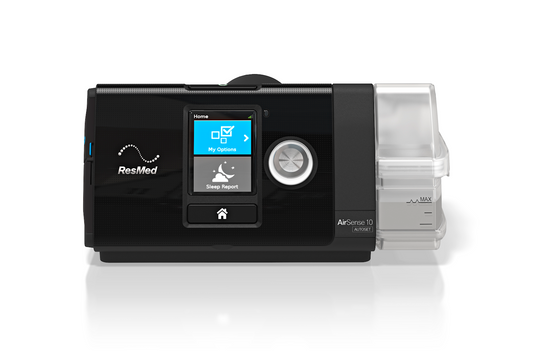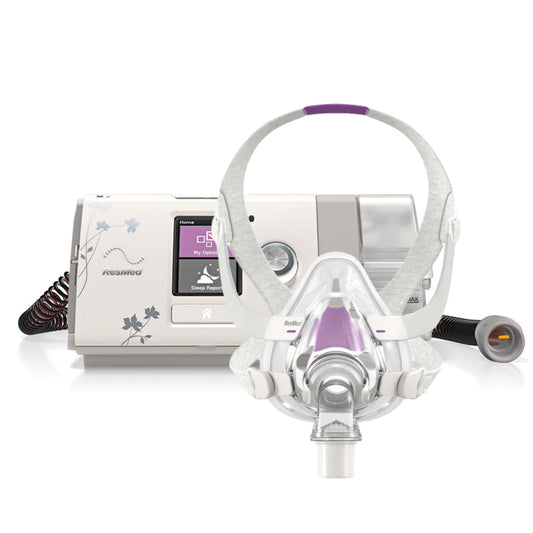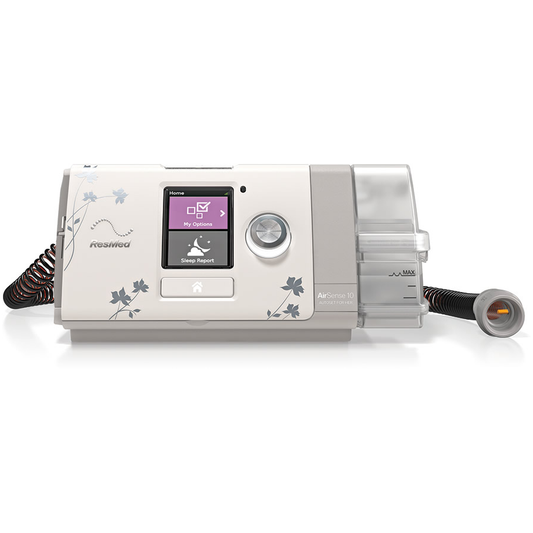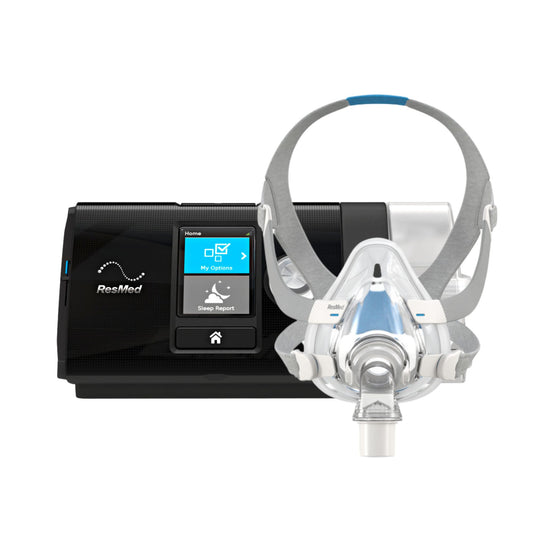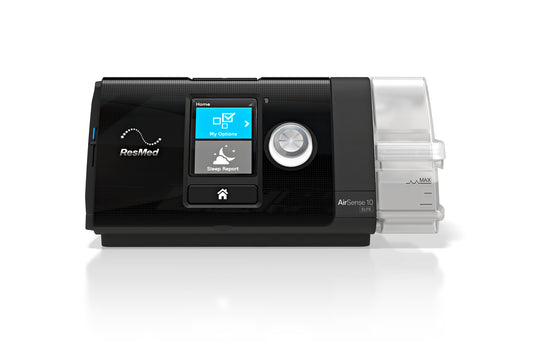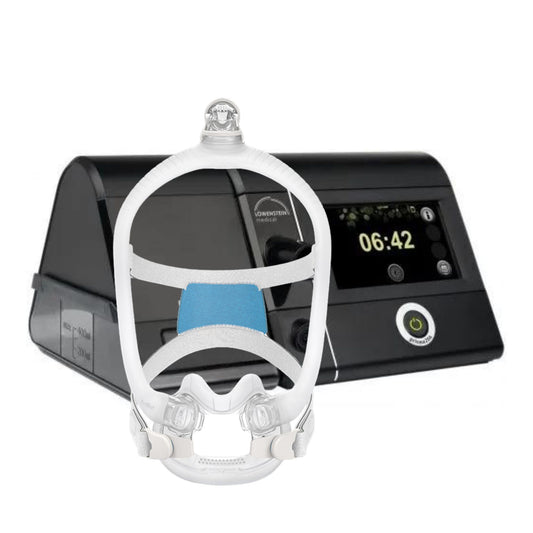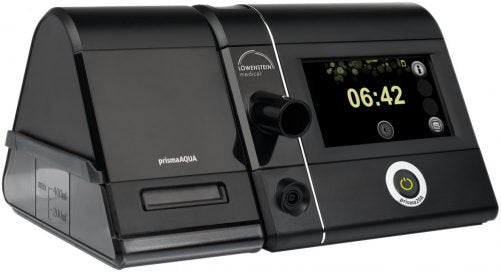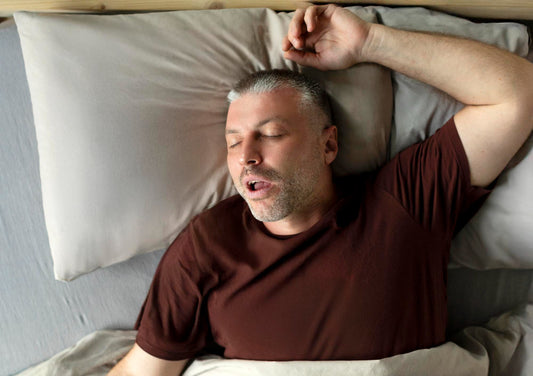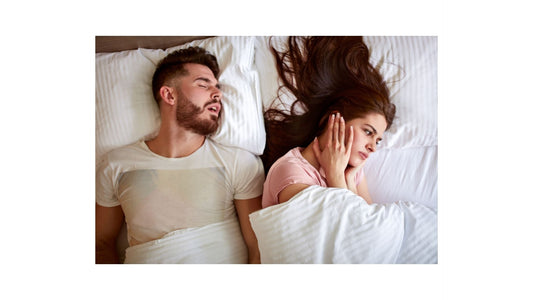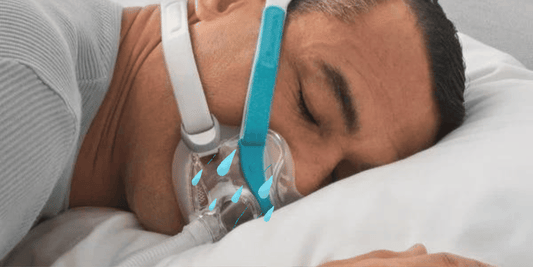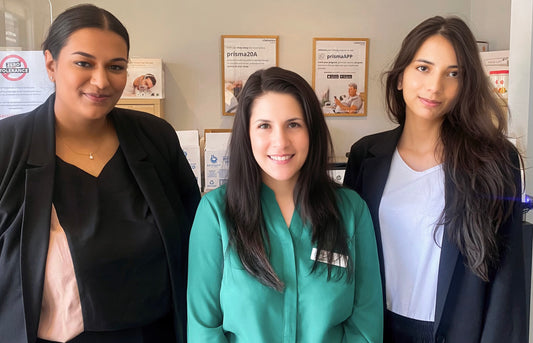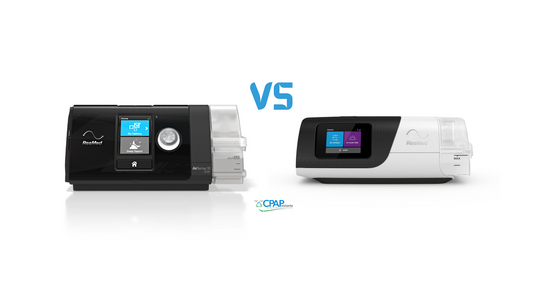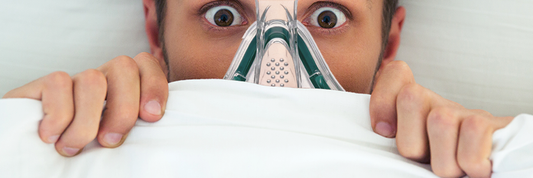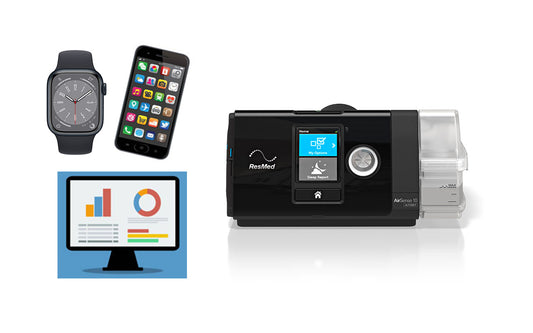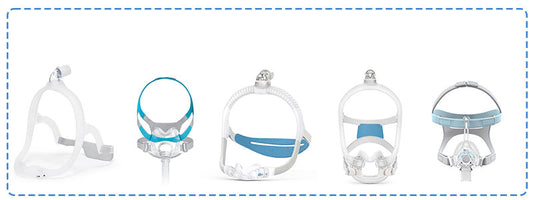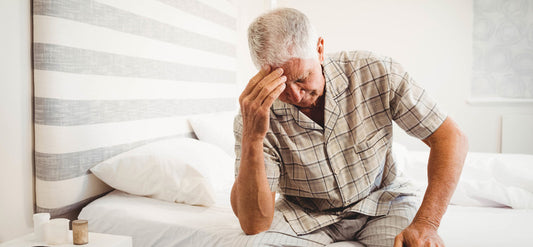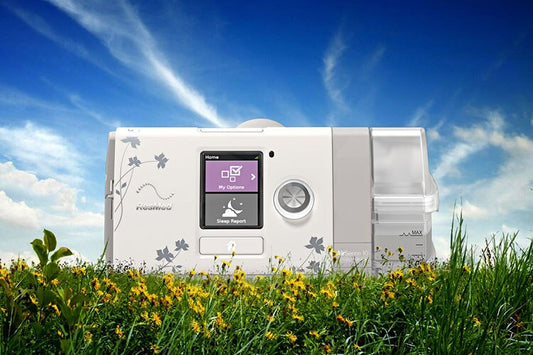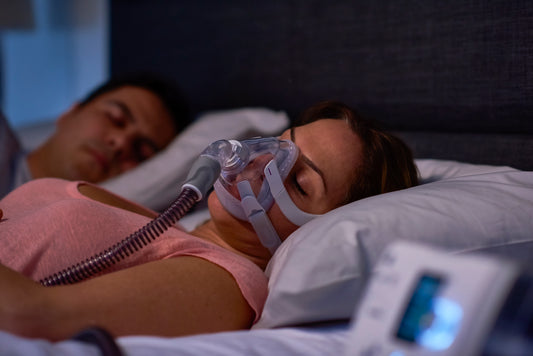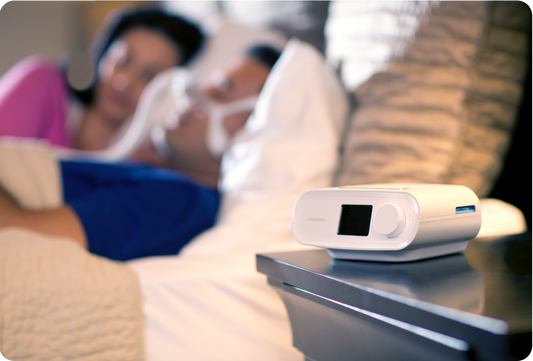Sleep study is the best method to determine if a person has a sleeping problem or sleep apnoea. A sleep test is more commonly associated with polysomnogram. This is a non-invasive, overnight sleep test that will monitor a patient’s sleep pattern while hooked up to an EEG machine that will monitor a patient’s sleep stages, and REM and nonREM cycles. A sleep study will also indicate the patient’s blood oxygen, eye movements, breathing and heart rates, body movements and snoring.
A sleep study is not only a test to determine sleep apnoea but also periodic limb movement disorder, insomnia, restless legs syndrome, narcolepsy, REM sleep behavior disorder and other nighttime behaviors such as somnambulism or sleep walking.
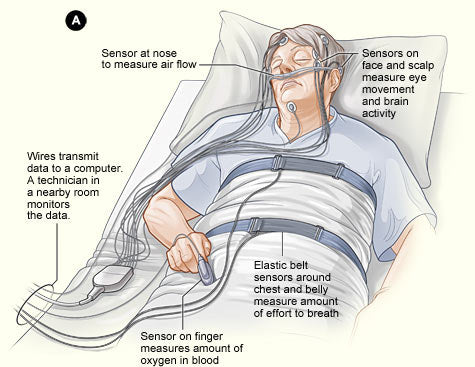
A sleep test is also helpful in determining the correct level of positive airway pressure therapy, and to check if the severity of a patient’s sleep apnoea has markedly improved or not.
When to do a sleep study?
When is it time to consider undergoing sleep study? The best indicator that a person is not getting enough sleep is when no matter how long he “sleeps” he does not feel rested, or that he seems unusually sleepy.
He may catch himself falling asleep while watching television or at the movies, while driving or reading, or even when having a conversation with someone.
A person may need to consider a sleep test when his bed partner notices that he louds loudly and/or tends to stop breathing several times during sleep. It is possible that the person sometimes wake up gasping for breath.
Choking or snorting sound while sleeping is a concern more so if the said person experiences trouble getting a restful sleep several times a week.
If a bed partner finally decides to move into another bedroom due to a person’s disruptive practices while sleeping, then it is really time to consult a sleep doctor to undergo sleep study.
If you have these symptoms, it's not a bad idea to first see a family or primary doctor. Maybe you have anxiety problems, or heart problems that may be your source of sleep trouble.
Other Options
Some people who suspect that they have a sleeping disorder are not keen on undergoing a sleep study. This is understandable as a sleep test is not exactly inexpensive and would take a lot of one’s time in preparation and actual test.
There are some options to find out if one has a sleep disorder before finally doing a sleep study. A simple option is to record or video oneself while sleeping. A family member could do the set up and sound record or video record the concerned person while sleeping. This way the patient will actually hear and see himself snore, snort or gasp while sleeping.
Simply taking the Epworth Sleepiness Scale will can help assess a person’s daytime sleepiness. This questionnaire was developed by Dr. Murray Johns in 1990 while he was the Director of the Sleep Disorders Unit at Epworth Hospital in Melbourne, Australia. Click the link for a previous blog post regarding the Epworth Sleepiness Scale.
Answering a sleep apnea questionnaire is another option. A sample questionnaire would be something like the questions below.
- Do you snore more than 3x a week?
- Yes (2)
- No (0)
- Is your snoring irregular and loud?
- Yes (2)
- No (0)
- How many times have you been told that you gasp or stop breathing during sleep?
- Never (0)
- Occasionally (2)
- Often (5)
- Do you suffer from high blood pressure?
- Yes (2)
- No (0)
- What is the size of your collar?
- Women –less than 16” (0)
- Women- more than 16” (5)
- Men – less than 17” (0)
- Men – more than 17” (5)
- Do you doze or fall asleep during the day when in a restful or inactive mode?
- Yes (2)
- No (0)
- Do you doze off when stopped at a light or while driving?
- Yes (2)
- No (0)
The result of these tests should be interpreted by a qualified physician. The results will determine if the person needs further sleep study by undergoing polysomnogram.
Do you think you have sleep apnoea? Call us now at 1300 750 006.
